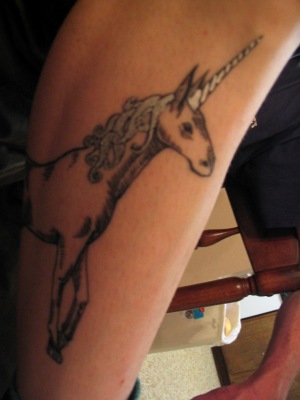The Hunger Season
I was once in the process of trying to get a date from a cute bartender i know, and things were going pretty well until she suddenly asked me if i like poetry, which, by and large, i don't. Fortunately however, she turned out to be referring specifically to a man who happens to be both a friend and by far my favorite poet, William Taylor Jr. Bill's second "proper" book of poems just came out, and it's hopeless, hopeful, painful, and beautiful as heck. The Hunger Season is mostly poems about the secret subsocietal world of San Francisco's Tenderloin district, a literary topic i admittedly find enormously compelling. The Hunger Season is also mostly poems about love, relationships, and beauty. I hope Bill won't mind if i quote two of the ones which affect me most powerfully.
and i apologize for so much quoting,
but just one more which for me captures so much of what i love about Bill's writing as well as William Vollmann's.
Poem
Somewhere
along the way
we forget
to be beautiful
and this is where
all other deaths
begin.
Her Face, the Sometimes Gentleness
Let's not speak of hope;
whatever it is that gets you
through the day will
have to do for now.
Embrace the hours as best you can;
your failures
and the evil you've done drift out
with the eventual tide
and the void forgives all in time.
Think of her face,
the sometimes gentleness of things;
make the feeling concrete in your mind:
hold it in your fist
tight against your breast
and if you want, you can
call it love.
and i apologize for so much quoting,
but just one more which for me captures so much of what i love about Bill's writing as well as William Vollmann's.
When She Lights a Cigarette and Asks
God is yourself
walking out into yet
another day never knowing
exactly why.
God is the yellow sun
shining down
so uselessly upon everything
because that's all it knows how to do.
God is the laughter
of the girl on the bus
beautiful enough to remind you
why you ever bothered
to exist at all.
God is a story you can't guess
the ending to,
enough change in your pocket
for another drink,
the bright red polish
on the barefoot toe
of the skinny prostitute on Larkin Street.
God is the voice of the old bartender
at the Gold Dust Saloon
as he laughs and tells me he's looking forward
to the beautiful nap.
God is a half-bottle of wine
found in the cupboard at 3 a.m.,
the man
with a handful of pennies
who asks
what I can spare,
and the laundry quarters
I give him simply
because I am too ashamed
to do otherwise.
God is every splinter of light
in between all the darkness
and god is the darkness.
And when she lights a cigarette
and asks why i never
go to church
I can only wonder where it is
she thinks we are.



